QuickBooks ® Request for Payment Real-time Payments Invoicing
The Best Solution for Payment Processing in QuickBooks®
Today Payments is an Authorized Reseller of Intuit offering a highly robust app that supports both QuickBooks’ desktop and online customers, provide merchants with the tools they need so they can focus more time on their customers and businesses, and less time on data entry.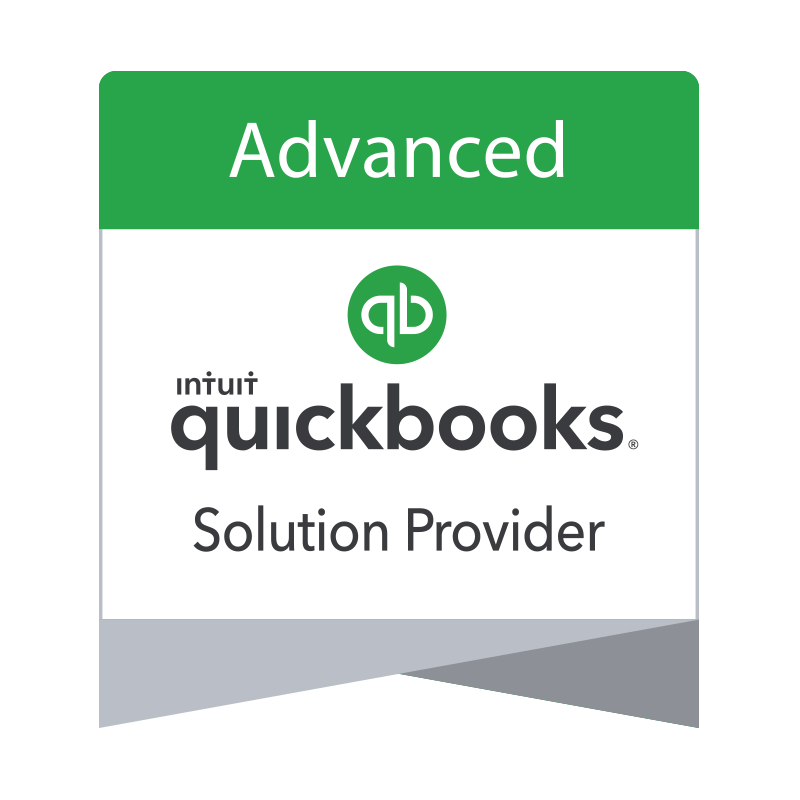
"Our Integrated payment solutions can save a typical small business owner more than 180 hours each year"
See
the features
QuickBooks® ACH, Cards, FedNow and Real-Time Payments
- Payment processing for all QuickBooks desktop, Pro, Premier, Enterprise and also QBO QuickBooks Online Our software is designed for simplicity and ease-of-use.
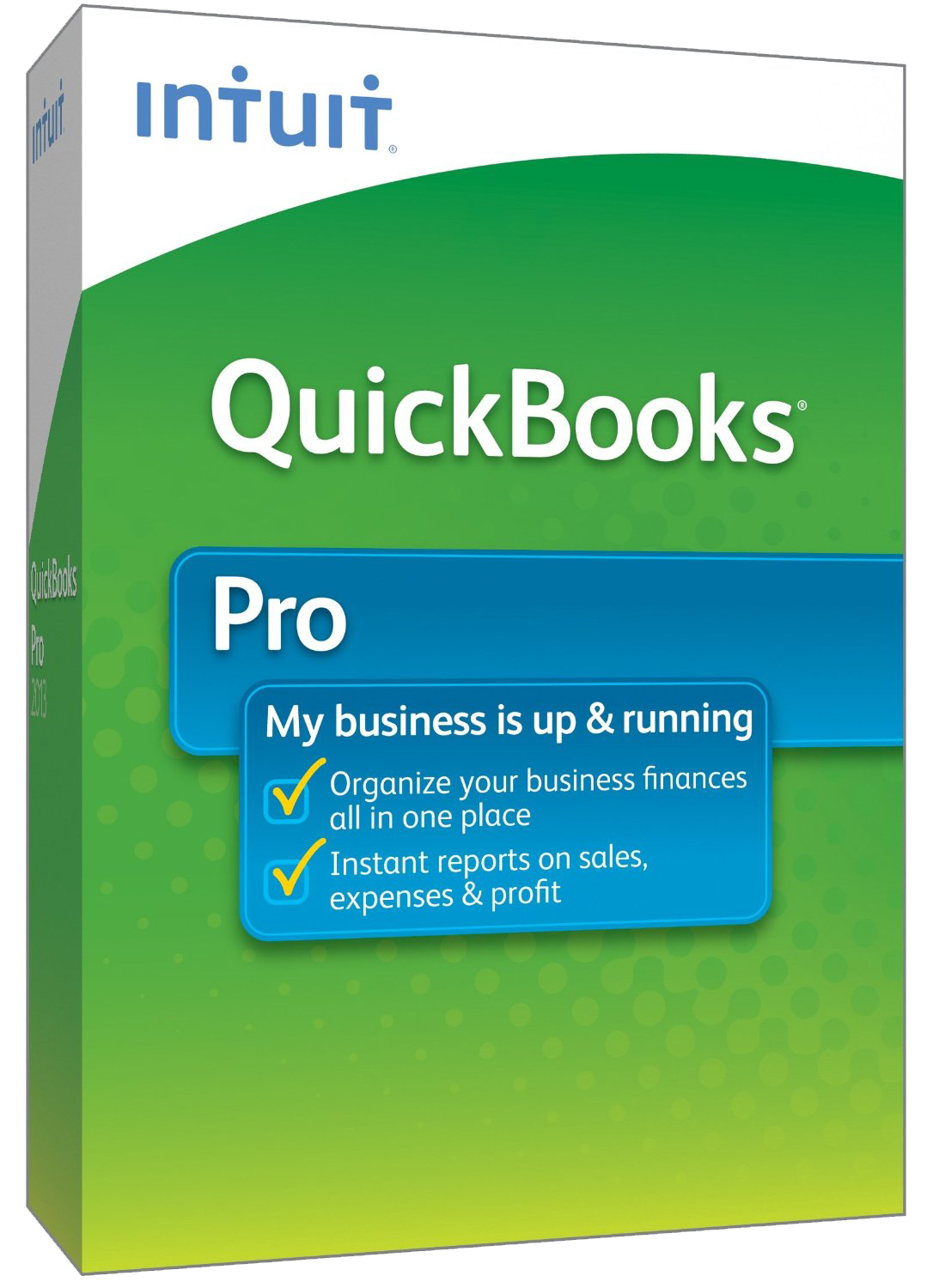
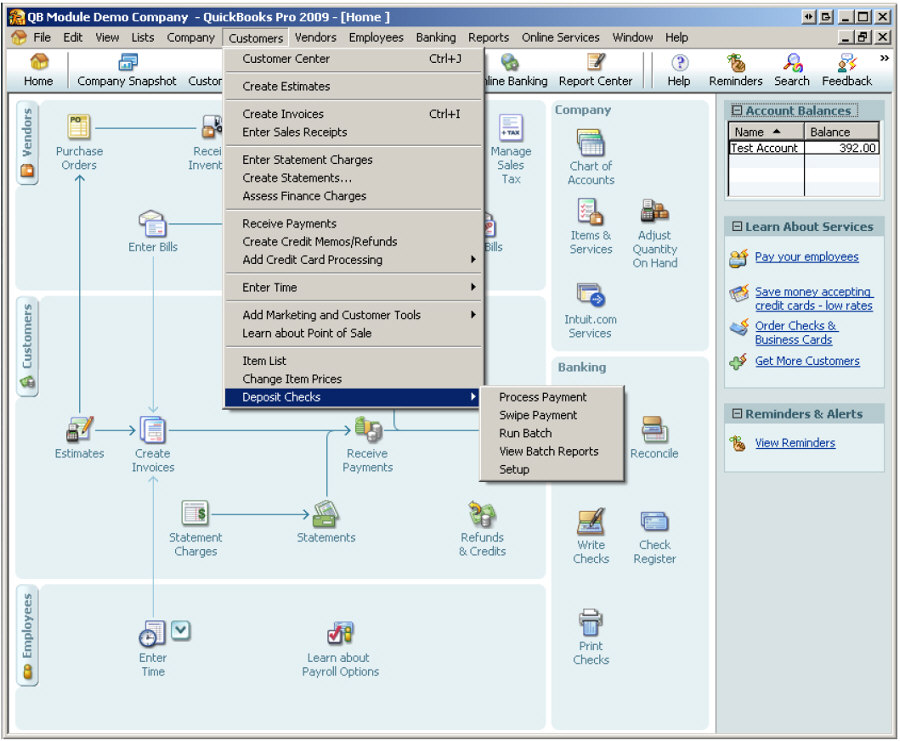
- ~ Automate Account Receivable Collection
- ~ Automate Account Payable Payments
- ~ One-time and Recurring Debits / Credits
Secure QB Plugin payment processing through QuickBooks ® specializes in the origination of moving money electronically.
Ask about our special:
Request for Payments
For B2B merchants using QuickBooks Online (QBO) to create Request for Payment (RfP) files for Real-Time Payments (RTP), the process can be streamlined through integration with platforms like SecureQBPlugin. This tool allows merchants to generate ISO 20022 PAIN.013 compliant files that work with any financial institution that supports real-time payment networks such as FedNow or The Clearing House RTP. Here’s a comprehensive breakdown of how B2B merchants can create and use these files, including the attributes, features, and benefits of the RfP format.
Attributes of Request for Payment (RfP) in Real-Time Payments for B2B Merchants:
- File Format:
- ISO 20022 (PAIN.013): The format used by financial institutions globally for secure payment requests.
- XML Structure: The RfP file is typically formatted as an XML document, making it readable by various financial systems.
- Header Information:
- Message Identification: A unique identifier for tracking the RfP.
- Creation Date and Time: The timestamp when the request was generated, ensuring traceability.
- Version: Specifies the version of the ISO 20022 format used, ensuring compatibility with banking systems.
- Creditor (Payee) Information:
- Payee’s Name and Address: The merchant’s business details, ensuring accurate identification.
- Bank Account Information: The payee’s bank details, including IBAN, BIC, or routing numbers.
- Reference ID: The invoice number or unique identifier for the requested payment, which is essential for reconciliation.
- Debtor (Payer) Information:
- Payer’s Name and Address: The business details of the payer (customer).
- Bank Account Information: Payer’s banking details necessary to debit their account.
- Transaction Amount:
- Amount and Currency: Specifies the exact amount requested, along with the currency code (e.g., USD, EUR).
- Due Date: The date by which the payment is due.
- Remittance Information:
- Structured Remittance Data: Includes invoice numbers, customer references, and other relevant details for easy reconciliation.
- Unstructured Remittance Data: Additional free-form information, such as short notes or descriptions of the transaction.
- Settlement Information:
- Interbank Settlement Amount: The amount transferred between banks to settle the transaction.
- Execution Date: When the payment should be executed, ensuring the transfer happens on time.
- Security:
- Digital Signatures: Ensures the file’s integrity and authenticity.
- Encryption: Files are encrypted during transmission to protect sensitive financial data from unauthorized access.
Features of RfP for B2B Real-Time Payments:
- Automation of Invoices and Payments:
- With QBO integrated with SecureQBPlugin, merchants can automatically generate digital invoices and send RfP files to customers, saving time and reducing manual errors.
- Real-Time Processing:
- Payments are processed instantly, ensuring immediate transfer of funds once the payer approves the payment request through their financial institution.
- Global Compatibility:
- The ISO 20022 format is widely accepted by financial institutions across the world, making it ideal for international B2B transactions.
- Recurring Payment Support:
- Merchants can set up recurring RfP files for subscription services or regular billing, ensuring timely payments without manual intervention.
- Instant Payment Confirmation:
- Both the payer and the payee receive instant confirmation when the payment is processed, ensuring transparency and reducing the chances of disputes.
- 24/7 Payment Availability:
- RTP systems operate around the clock, allowing payments to be made anytime, including outside traditional business hours, which is useful for global transactions.
- Rich Data Support:
- The RfP format supports the transmission of detailed payment data, which simplifies the reconciliation process on both sides.
Benefits for B2B Merchants Using RfP in Real-Time Payments:
- Improved Cash Flow:
- Real-time payments help businesses get paid faster, reducing the time between sending invoices and receiving payments. This leads to better cash flow management, particularly important for businesses with high transaction volumes.
- Reduced Payment Delays:
- By using RTP networks, merchants avoid the delays associated with traditional payment methods like checks or ACH transfers.
- Enhanced Security:
- The use of encrypted transmission and digital signatures ensures that sensitive financial information is secure, reducing the risk of fraud or data breaches.
- Efficient Reconciliation:
- With the structured remittance information in the RfP file, it is easy for merchants to reconcile payments against their invoices in QuickBooks, reducing accounting errors and improving operational efficiency.
- Cost Efficiency:
- Real-time payments typically have lower transaction fees compared to traditional wire transfers, making it more cost-effective for businesses.
- Global Reach:
- The ISO 20022 standard is globally recognized, making it easy for merchants to handle cross-border payments without the need for additional formatting or adjustments.
Steps to Implement RfP for B2B in QBO:
- Install and Configure SecureQBPlugin:
- First, integrate SecureQBPlugin with your QuickBooks Online (QBO) account. This plugin will enable the creation of ISO 20022-compliant RfP files and allow them to be sent to financial institutions that support RTP.
- Create the Invoice in QBO:
- Use QuickBooks Online to generate an invoice with all relevant details, including the customer information, invoice amount, and due date.
- Generate the RfP File:
- After creating the invoice, SecureQBPlugin will format it into the ISO 20022 PAIN.013 format required for real-time payments.
- Send the RfP to the Customer’s Financial
Institution:
- The RfP file can be sent either through API integration, SFTP, or by embedding a payment link within the invoice, which the payer can use to authorize the payment.
- Receive and Reconcile Payments:
- Once the payer approves the payment, the funds are transferred instantly. QuickBooks Online will automatically reconcile the payment, marking the invoice as paid.
By using QuickBooks Online and SecureQBPlugin, B2B merchants can leverage Real-Time Payments to accelerate their payment processes, reduce the risk of payment delays, and improve operational efficiency. The adoption of the ISO 20022 PAIN.013 format ensures that the payment requests are compatible with all financial institutions that support RTP, making it a powerful solution for both domestic and international transactions
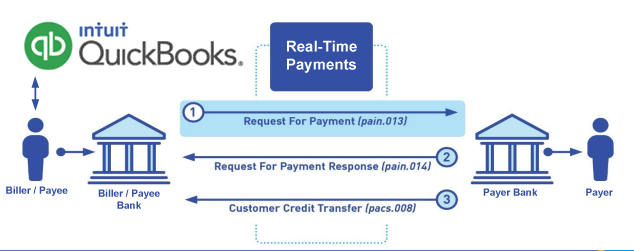
Call us, the .csv and or .xml Request for Payment (RfP) file you need while on your 1st phone call! We guarantee our reports work to your Bank and Credit Union. We were years ahead of competitors recognizing the benefits of RequestForPayment.com. We are not a Bank. Our function as a role as an "Accounting System" in Open Banking with Real-Time Payments to work with Billers to create the Request for Payment to upload the Biller's Bank online platform. U.S. Companies need help to learn the RfP message delivering their bank. Today Payments' ISO 20022 Payment Initiation (PAIN .013) show how to implement Create Real-Time Payments Request for Payment File up front delivering message from the Creditor (Payee) to it's bank. Most banks (FIs) will deliver the message Import and Batch files for their company depositors for both FedNow and Real-Time Payments (RtP). Once uploaded correctly, the Creditor's (Payee's) bank continuing through a "Payment Hub", will be the RtP Hub will be The Clearing House, with messaging to the Debtor's (Payer's) bank.
Our in-house QuickBooks payments experts are standing ready to help you make an informed decision to move your company's payment processing forward.
Pricing with our Request For Payment Professionals
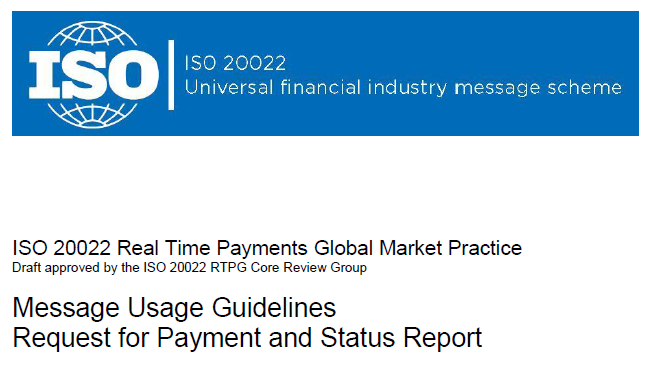
1) Free ISO 20022 Request for Payment File Formats, for FedNow and Real-Time Payments (The Clearing House) .pdf for you manually create "Mandatory" (Mandatory data for completed file) fields, start at page 4, with "yellow" highlighting. $0.0 + No Support
2) We create .csv or .xml formatting using your Bank or Credit Union. Create Multiple Templates. Payer/Customer Routing Transit and Deposit Account Number may be required to import with your bank. You can upload or "key data" into our software for File Creation of "Mandatory" general file.
Fees = $57 monthly, including Support Fees and Batch Fee, Monthly Fee, User Fee, Additional Payment Method on "Hosted Payment Page" (Request for file with an HTML link per transaction to "Hosted Payment Page" with ancillary payment methods of FedNow, RTP, ACH, Cards and many more!) + $.03 per Transaction + 1% percentage on gross dollar file,
3) Payer Routing Transit and Deposit Account Number is NOT required to import with your bank. We add your URI for each separate Payer transaction.
Fees Above 2) plus $29 monthly additional QuickBooks Online "QBO" formatting, and "Hosted Payment Page" and WYSIWYG
4) Above 3) plus Create "Total" (over 600 Mandatory, Conditional & Optional fields of all ISO 20022 Pain .013) Price on quote.
